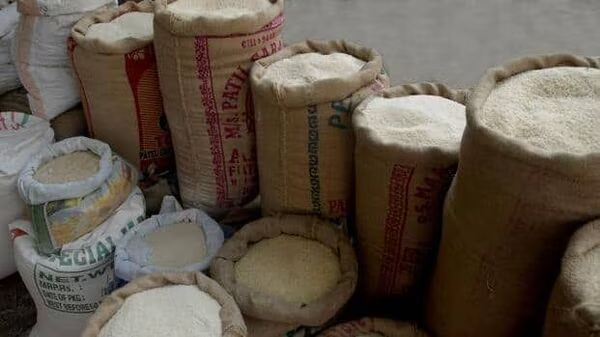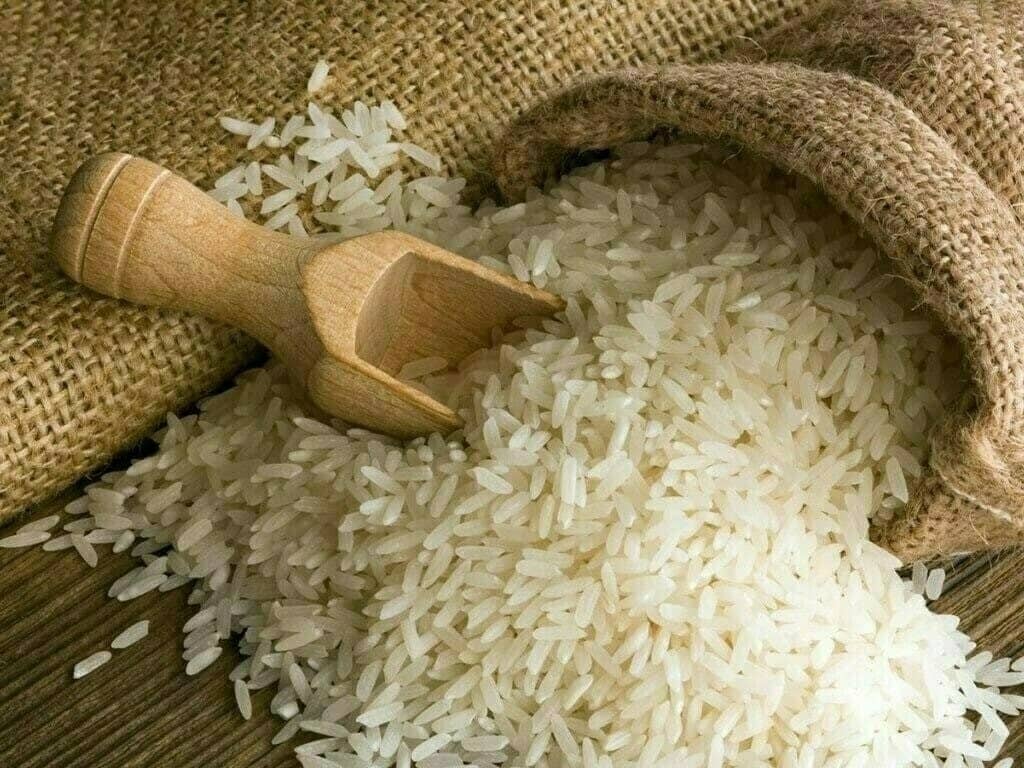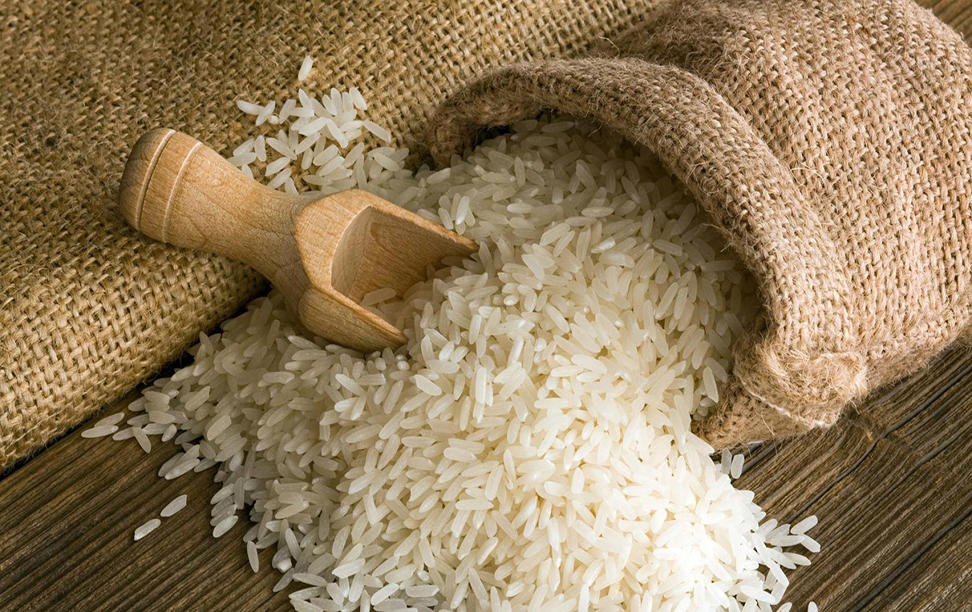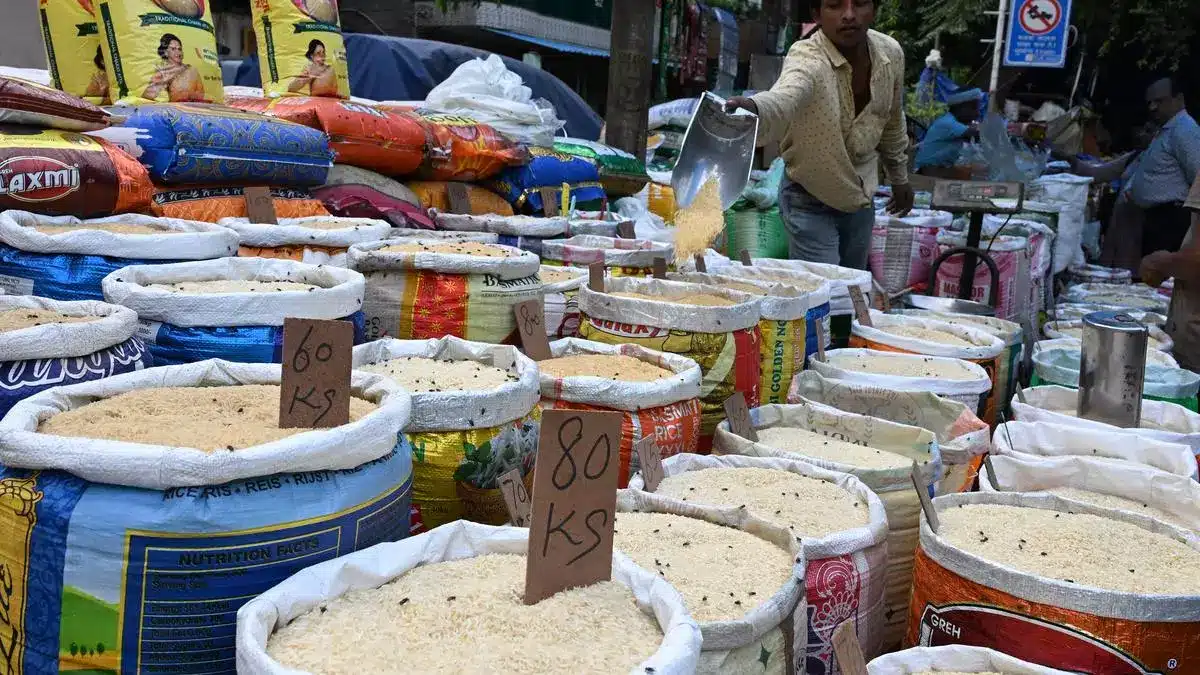Tags
Rice war: India’s strategic offensive to counter Pakistan’s EC plans
A comprehensive report to refute Pakistan’s GI tag claims on Basmati rice at the European Commission is being finalized through consultations with key stakeholders, say officials.

In the fiscal year 2024, up to January 2024, India’s basmati exports to the EU continued to grow, with 130,122 MT exported, valued at $168 million. (Mint)
New Delhi: India is gearing up to challenge Pakistan’s attempts to broaden the geographical indication (GI) tag for its Basmati rice. The extension of the GI tag for the premium variety of rice, from 14 to 48 districts in Pakistan, could have significant implications on India’s export prospects to the European Union (EU).
According to people in the know, the Union commerce ministry is actively strategizing to counter Islamabad’s bid at the European Commission (EC).
“A comprehensive report to completely refute Pakistan’s claim is being finalized through consultations with key stakeholders, including the Basmati Export Development Foundation, which is affiliated with the Agricultural and Processed Food Products Export Development Authority (APEDA), alongside the Indian Agricultural Research Institute (IARI), and association of rice exporters,” one of the people said.
The development comes amid New Delhi’s efforts to resolve all outstanding issues with the European Union (EU) for a bilateral free-trade agreement, with the eighth round of negotiations expected in May or early-June.
GI registration is key to access the European markets, offering benefits such as tariff relief within the 27-member bloc.
India submitted its GI registration application on 20 July 2018, predating Pakistan’s application on 24 August 2023. According to the standard intellectual property rights (IPR) registration process, stakeholders can oppose a registration within three months.
However, while the EC is yet to reach a final decision on India’s application, it was quick to publish Pakistan’s application for potential opposition on 23 February 2024. The commission is now considering registration based on all the available information from both countries.
Basmati rice is grown in 81 districts in India spanning Jammu and Kashmir, Himachal Pradesh, Punjab, Haryana, Delhi, Uttarakhand, and western Uttar Pradesh. Thirty-four varieties of Basmati rice are officially recognized under the Seeds Act of 1966.
“In a meeting, which was convened by commerce secretary Sunil Barthwal in the first week of April, all stakeholders were directed to defend the case against Pakistan in a manner that sets a precedent for similar situations,” the person added.
India will submit its response, opposing Pakistan’s claims, to the EC in the fourth week of May, a second person said.
Queries emailed to a commerce ministry spokesperson, IARI director, APEDA chairman, Pakistan embassy, and Pakistan Rice Exporters Association remained unanswered till press time.
India’s basmati exports to the EU have consistently risen over the past three years. According to data from the Directorate General of Commercial Intelligence and Statistics (DGCIS), in FY23, India exported 152,857 metric tonnes (MT) of Basmati valued at $167 million, up significantly from 88,452 MT worth about $93.4 million.
Between 1 April 2023 and 31 January 2024, India exported 130,122 MT ($168 million) of Basmati to the EU, indicating robust demand for Indian basmati in the EU market. It also reflects the superior quality and popularity of this aromatic rice variety among member countries.
In FY22-23, India’s basmati trade soared to $4,787.50 million, with volumes of 4,558,972.23 MT, cementing India’s position as the world’s top exporter of Basmati rice. Major export markets included Saudi Arabia, Iran, Iraq, the United Arab Emirates, and Yemen.
“The case presented by Pakistan lacks a solid foundation, and is unlikely to be upheld in the EC. Pakistan had initially identified 14 districts as Basmati rice-producing districts, but suddenly increased this number to 48 without providing any scientific base,” said Vijay Setia, director, Chaman Lal Setia Exports, and the former president of All India Rice Exporters Association.
“Pakistan will face significant criticism over the issue in the EU, which may lead to embarrassment for their actions, Setia added.
According to an EC official, both India and Pakistan are seeking European GI protection for Basmati rice. “The EC will do its utmost to find a “balanced solution”, which could represent a win for all parties, in full compliance with existing rules,” he said in an email reply.
“If either any party opposes, the EU will ensure it is examined in line with standing procedures, and ensure the rights of all parties,” the EC official said.
However, Hamid Malik, a Lahore-based rice commodity specialist and founding partner, Agri Policy Research Institute, Islamabad, said: “Pakistan has always supported India at global forums in the fight against GI protection for Basmati, paving the way for the recognition of PUSA 1 as Basmati, that accounted for 60% of India’s total Basmati exports during 2008.”
“Pakistan will defend its case, including the 48 Basmati-growing districts, citing a verdict of the Delhi High Court pronounced on 25 April 2019 regarding the restriction of Basmati cultivation in the Indo-Gangetic Plains,” Malik said.
https://www.livemint.com/news/india/rice-war-indias-strategic-offensive-to-counter-pakistans-ec-plans-11713695784609.htmlPublished Date: April 21, 2024







